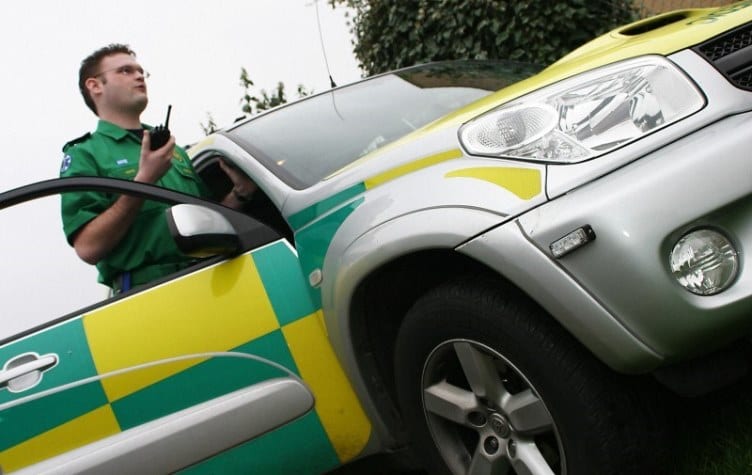CaHRU/LIH seminar: Accumulative evidence synthesis – Prof Chris Bridle

The latest CaHRU/LIH Implementation Science and Research Methods seminar was given on December 6th 2016 by Professor Chris Bridle, Director of the Lincoln Institute for Health on the topic of “Accumulative evidence synthesis: Fast track through the implementation pipeline”. Before Continue reading CaHRU/LIH seminar: Accumulative evidence synthesis – Prof Chris Bridle

